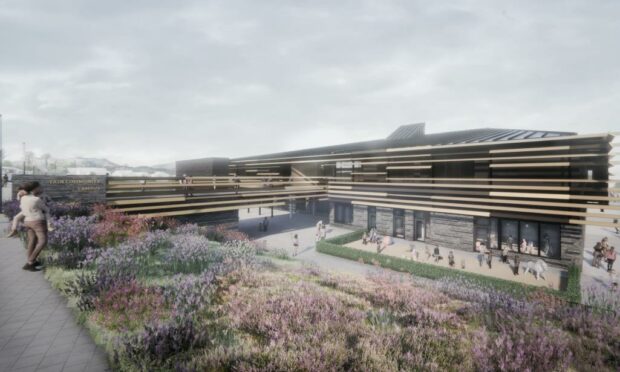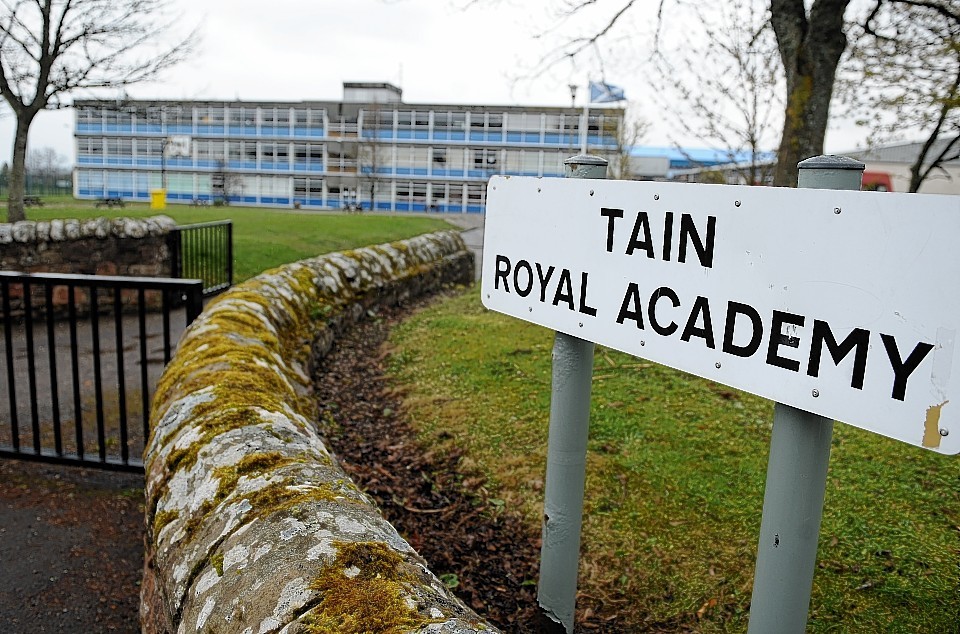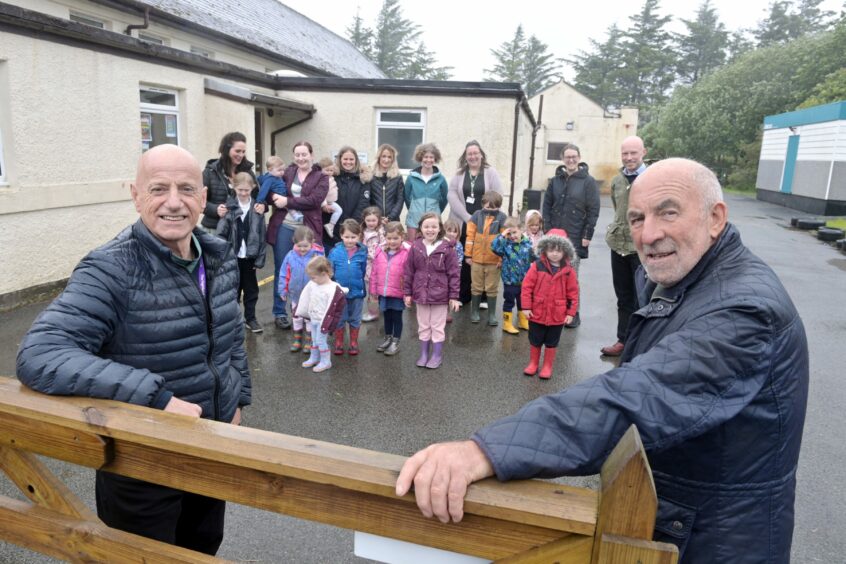Highland Council plans to upgrade 10 new schools in the next five years, but now faces significant budget challenges.
The main problem is soaring costs across the construction industry. The price of raw materials in the UK is expected to treble this year, having already hit a 40-year high in 2021. The war in Ukraine led to a global bitumen shortage, and inflation is adding to the pressure.
All this means the cost of building a new school is significantly more than Highland Council had bargained for. And the council must complete three of the schools by the end of 2025 to comply with Scottish Government funding rules.
Finance bosses held a private briefing session for councillors last month, where they decided to forge ahead with the Tain 3-18 campus and write to other affected schools.
In letters seen by the P&J, the council vows to “ensure the planned works can still be delivered to a high standard”.
What does that mean?
Highland Council is looking to reassure parents and local communities that it will do everything possible to deliver its school investments.
The first school due for completion is the long-awaited Tain 3-18 Campus. Last week, members gave the green light to move to award the building contract.
In a letter to local parents, property boss Mark Rodgers said: “The cost pressures facing the construction industry means that the delivery of any planned projects, within the previously determined timeframes and budgets, is becoming more challenging.
“We will be working with partners, contractors and the Scottish Government to find solutions which can keep costs affordable and ensure that the Tain campus can still be delivered to a high standard.”
Highland Council will update Tain stakeholders at their next meeting on August 23.
Scottish Government funding gap
Tain is one of three schools funded through the Scottish Government’s Learning Estate Investment Programme (LEIP). The other two are Nairn Academy and Broadford Primary School, Skye. These need to be completed by the end of 2025.
In its letter to Broadford parents, the council says it will continue with its design consultation and keep working with the community on funding opportunities.
In Nairn, the council is also progressing designs and is due to submit a pre-planning application. Local stakeholder meetings will resume after the summer holidays.
However, the Scottish Government’s own budget situation looks dicey. In May, finance secretary Kate Forbes said Scotland must ‘reset’ public services. Its planned spending review could include cuts to local government.
Barely a week later, the Government admitted it could not deliver on all its planned capital investments, either.
It’s too soon to say what the impact will be for Highland Council, but members will begin to review the capital programme after July’s summer recess.
‘Perfect storm’ hits Highland school costs
Education chairman John Finlayson last month told the P&J the situation is a “perfect storm”. However, he said the council must deliver:
“We must continue to build new schools and modernise and improve our buildings,” he said. “We have a capital programme that was agreed by the last administration and we have communities that are expecting new schools.”
In addition to Tain, Broadford and Nairn, Highland Council has six further school projects slated for the next five years.
These include:
- St Clement’s, Dingwall – consultation report going to education committee after summer recess
- Park Primary School, Inverness – planning application due in 2023
- Dunvegan Primary School, Skye – planning application due in 2023
- Beauly Primary School, Beauly – planning application due in 2023
- Culloden Academy, Inverness – planning application for extension due 2022
- Charleston Academy, Inverness – masterplan agreed and council is preparing full planning application for extension.
All these will be up for discussion when members review the capital programme after the summer recess. They will look at phasing the works slated over the next five years, and maintaining discussions with the Scottish Government.
Derek Louden, chair of corporate resources, said the problems are not unique to the Highlands.
“These are significant global economic challenges currently being faced by other organisations and local authorities across the UK,” he said.
“The condition of buildings is not just important to those who use them, but it is also a key factor in energy efficiency and climate change. We will endeavour to discuss these national and global issues with our colleagues in the Scottish Government and seek support for resourcing the much-needed improvements to priority properties throughout our vast school estate.”
More from the Schools & Family team
Rosehall quizmasters take the city by storm
Proms in pictures: Robert Gordon’s College Graduation 2022
Top tips for negotiating the summer holidays with kids




Conversation